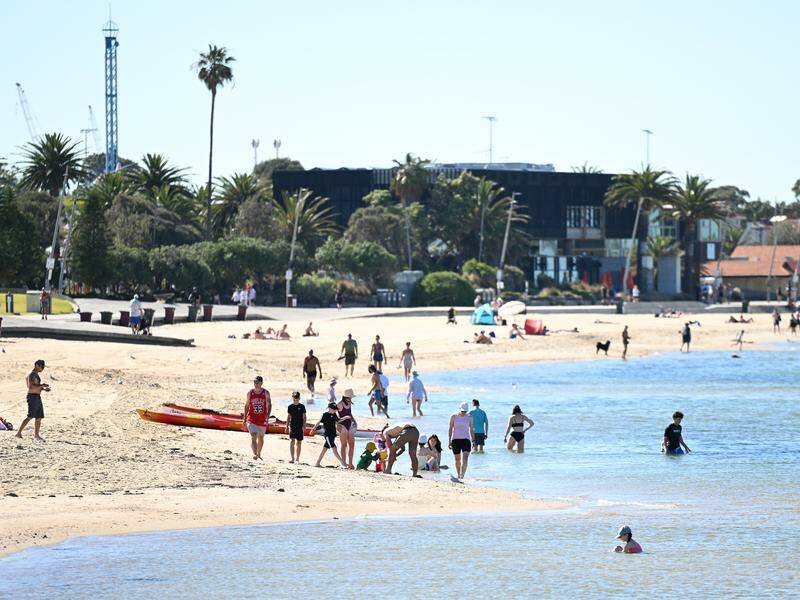
Russian drones targeted the Ukrainian capital, Kyiv, for the second consecutive night on October 22, 2023, injuring four individuals. This escalation in military action came shortly after the United States announced sanctions against Russia’s two largest oil companies, Rosneft and Lukoil. According to Tymur Tkachenko, head of Kyiv’s military administration, the drone attacks caused damage to several residential buildings and infrastructure.
The night prior saw widespread air assaults across Ukraine, resulting in at least seven fatalities and significant power outages. Strikes included a kindergarten in Kharkiv and an apartment building in Zaporizhzhya. The Russian Defense Ministry claimed responsibility, stating that the attacks were a retaliation for Ukrainian strikes on Russian civilian targets.
In a statement, the U.S. Treasury Department revealed the new sanctions aimed at increasing pressure on Russia’s energy sector, which is crucial for funding its military operations. “Today is a very big day in terms of what we’re doing. These are tremendous sanctions against their two big oil companies,” said U.S. President Donald Trump. He expressed hopes that the sanctions would lead to a resolution of the conflict, although they mark a significant shift from his previous stance of restraint towards Russia.
Trump’s decision follows the collapse of plans for a summit with Russian President Vladimir Putin in Budapest. He remarked, “I just felt it was time,” further indicating his frustration with the lack of progress in negotiations. The President canceled the Budapest meeting, stating, “It didn’t feel right to me. It didn’t feel like we were going to get to the place we have to get.”
The sanctions against Rosneft and Lukoil are part of a broader strategy to “degrade” the Kremlin’s ability to finance its military efforts. Treasury Secretary Scott Bessent emphasized the necessity of these measures in light of President Putin’s refusal to cease hostilities. “Given President Putin’s refusal to end this senseless war, Treasury is sanctioning Russia’s two largest oil companies that fund the Kremlin’s war machine,” he said.
The European Union also announced additional sanctions on the same day, including a ban on importing liquefied natural gas from Russia by 2027 and blacklisting oil tankers used by Moscow. This package marks the 19th set of sanctions imposed by the EU since Russia’s full-scale invasion began in 2022. European Commission President Ursula von der Leyen noted that revenue from fossil fuel purchases has been financing the war.
Industry analysts, such as Rachel Ziemba from the Center for New American Security, indicated that while these sanctions are significant, their impact may be limited compared to previous measures. She pointed out that Russian oil companies have shifted their operations away from the U.S. financial system, which could mitigate the sanctions’ effectiveness.
During a meeting with Trump, NATO Secretary-General Mark Rutte praised the U.S. President’s efforts to facilitate dialogue between the conflicting parties. Rutte argued that consistent pressure on Russia, coupled with open discussions with Ukrainian President Volodymyr Zelenskyy, is essential for achieving a cease-fire. He highlighted the strain on the Russian economy, citing long lines at gas stations as evidence of the impact of ongoing sanctions.
Rutte expressed confidence that collective international efforts would eventually compel Putin to negotiate, stating, “Collectively, we will change Putin’s calculus and get him to the table and get the cease-fire going. I’m absolutely convinced. It may not be today or tomorrow, but we will get there.”
As the situation continues to develop, the international community remains engaged in efforts to address the ongoing conflict and its far-reaching implications.







